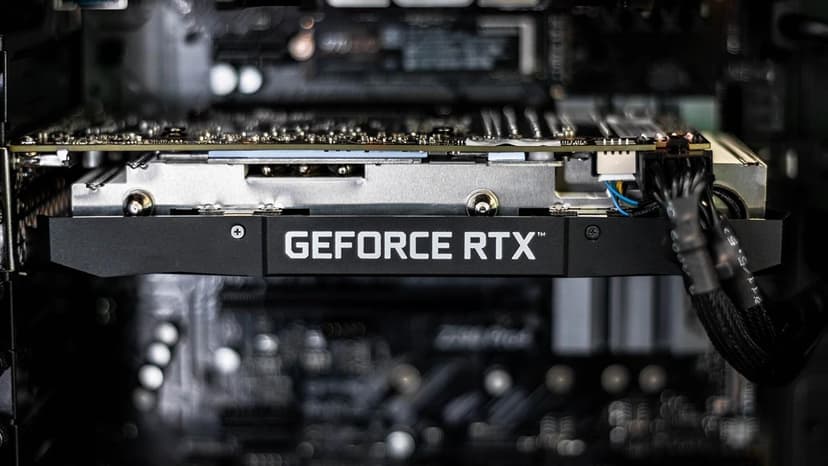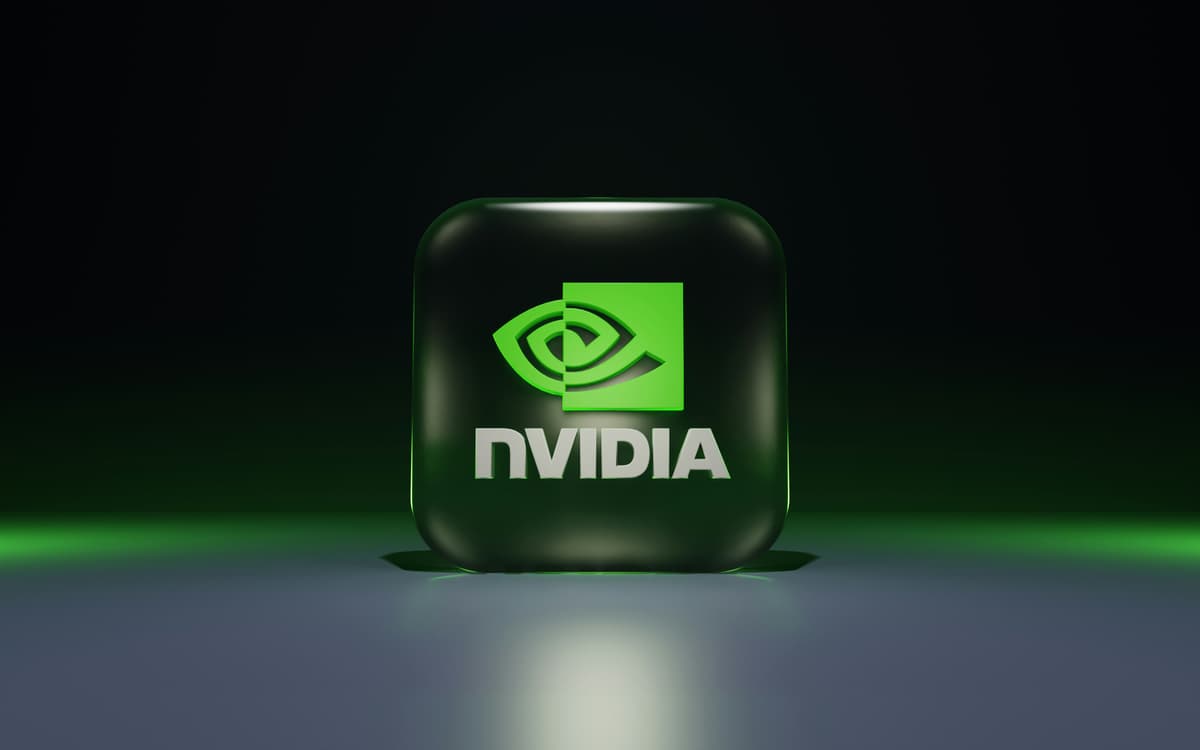10 Common Use Cases of Machine Learning
Machine Learning (ML) has become a transformative force across various industries, influencing how we interact with technology and make decisions based on data. Its ability to learn from vast amounts of information and adapt to new inputs has led to groundbreaking advancements. Here’s an in-depth look at ten common use cases of machine learning technology.
1. Facial Recognition for Device Unlocking
One of the most widely used applications of ML is in smartphone security through facial recognition technology. Devices like the iPhone use machine learning algorithms to analyze and verify facial features. These algorithms, trained on diverse datasets, can recognize subtle differences in facial patterns, ensuring that the device remains secure. Over time, the system adapts to changes in the user's appearance, providing both convenience and enhanced security.
2. Personalized News Article Recommendations
Machine learning has revolutionized how we consume news by personalizing the content we see. Platforms like Google News use ML algorithms to track user interactions, such as reading habits, time spent on articles, and favored topics. By analyzing this data, the system predicts and recommends articles that match the user's interests, creating a customized news feed that keeps users engaged.
3. Personalized Online Shopping Experience
E-commerce platforms leverage machine learning to enhance the shopping experience. Amazon's recommendation engine is a leading example, where ML analyzes past purchases, browsing history, and customer reviews to suggest products. This personalized approach not only improves customer satisfaction but also drives sales by presenting items that users are more likely to purchase.
4. Self-Driving Car Technology
Autonomous vehicles are one of the most advanced applications of machine learning. Companies like Tesla and Waymo use ML to process data from sensors, cameras, and other inputs to navigate roads and make driving decisions in real-time. These systems continuously learn from new driving scenarios, improving their performance and making self-driving cars safer and more reliable.
5. Online Streaming Services Recommendations
Streaming platforms like Netflix and Spotify rely heavily on machine learning to deliver personalized content. By analyzing a user’s viewing or listening history, ratings, and search behavior, ML algorithms suggest movies, shows, or music tracks that align with their preferences. This personalization not only enhances user experience but also keeps users engaged and returning to the platform.
6. Targeted Advertising
Digital advertising is another area where machine learning plays a critical role. ML algorithms analyze vast amounts of user data, including browsing history, social media activity, and purchasing patterns, to deliver targeted ads. This ensures that advertisements are relevant to the user's interests, increasing the likelihood of interaction and conversion, which in turn boosts the effectiveness of marketing campaigns.
7. Real-Time Translation Services
Machine learning has made significant strides in language processing, particularly in real-time translation. Services like Google Translate use ML to convert text or speech from one language to another instantly. By learning from vast datasets in multiple languages, these systems improve their accuracy and fluency, facilitating smoother communication across different languages and cultures.
8. Healthcare Diagnostics
In healthcare, machine learning is being used to improve diagnostic accuracy and speed. ML algorithms analyze medical images, patient histories, and genetic information to detect patterns that might indicate the presence of diseases such as cancer. These tools assist doctors in making more accurate diagnoses, personalizing treatment plans, and improving patient outcomes. For example, IBM's Watson Health uses ML to analyze vast amounts of medical literature and patient data to assist in diagnosis and treatment recommendations.
9. Fraud Detection
Financial institutions use machine learning to detect and prevent fraud. By analyzing transaction patterns, ML models can identify unusual activities that may indicate fraudulent behavior. These systems are continually updated with new data to adapt to evolving fraud tactics, providing a critical layer of security in banking and finance. Companies like PayPal and Visa rely on ML to monitor millions of transactions in real-time, flagging and blocking suspicious activities before they cause harm.
10. Predictive Maintenance in Manufacturing
In the manufacturing industry, machine learning is applied to predictive maintenance, where it analyzes data from machines and equipment to predict potential failures before they occur. By monitoring patterns in sensor data, ML models can forecast when a machine is likely to fail and suggest maintenance before an actual breakdown happens. This approach minimizes downtime, reduces maintenance costs, and extends the life of the equipment, leading to more efficient manufacturing processes.
(Edited on September 2, 2024)












